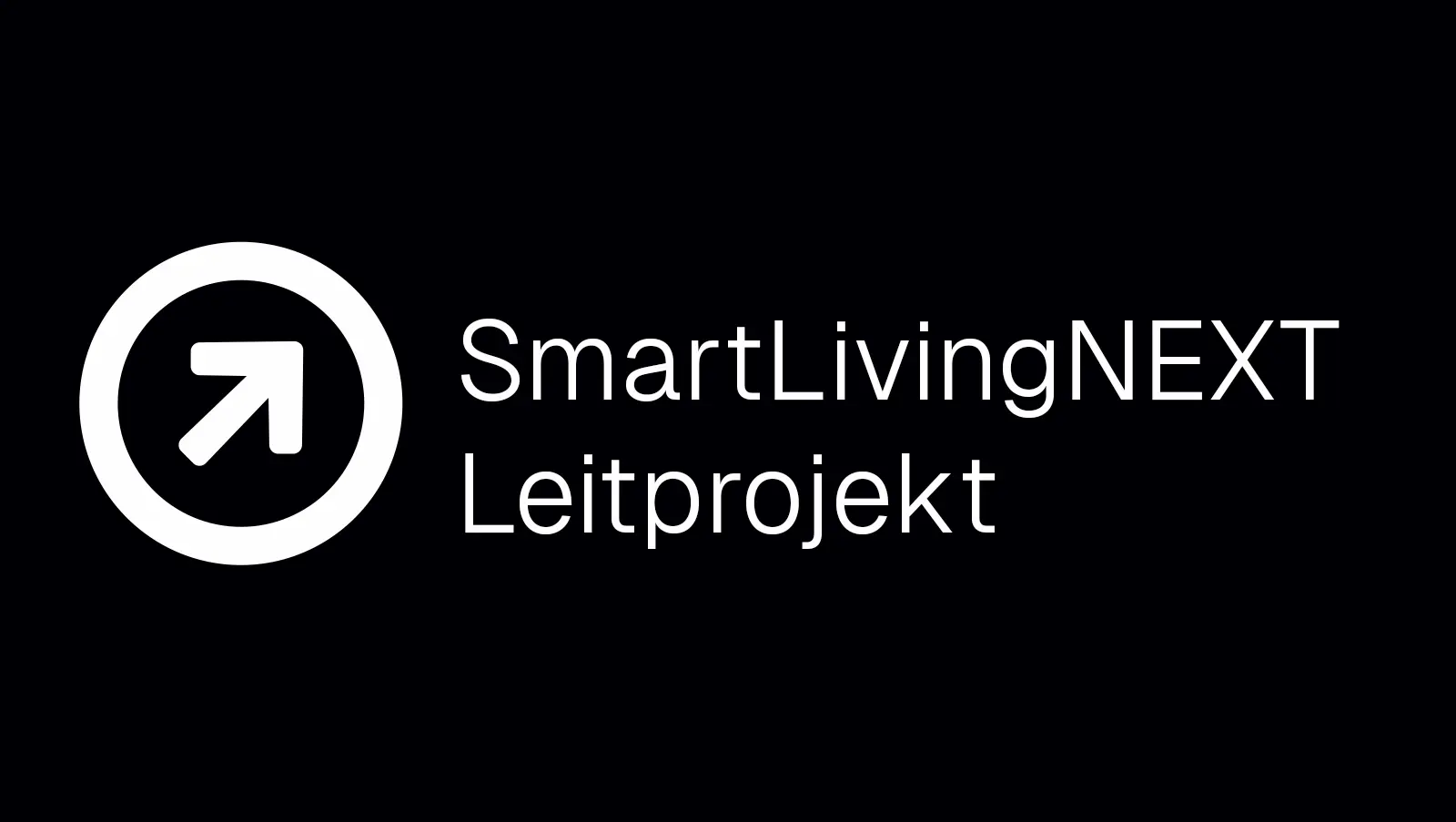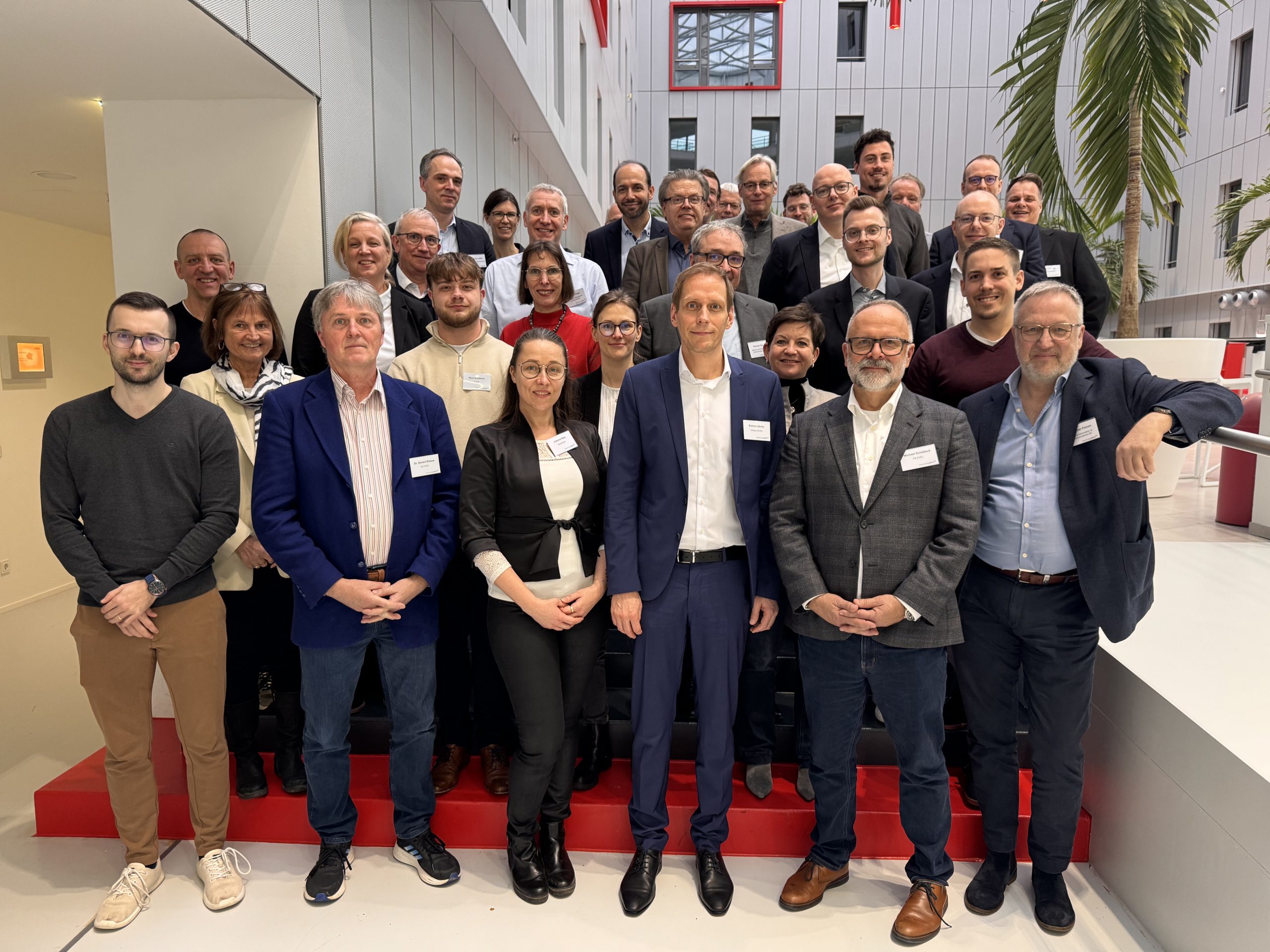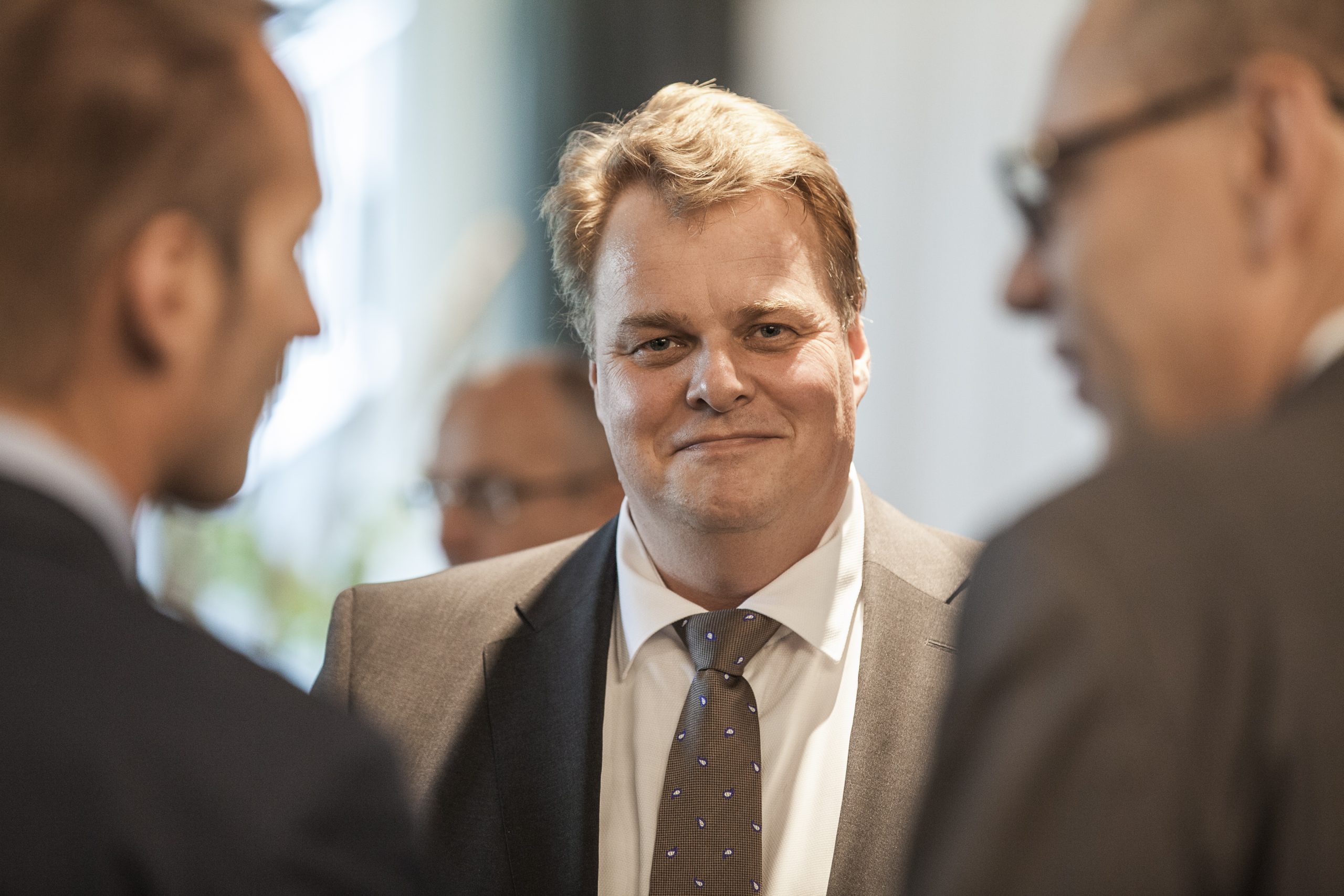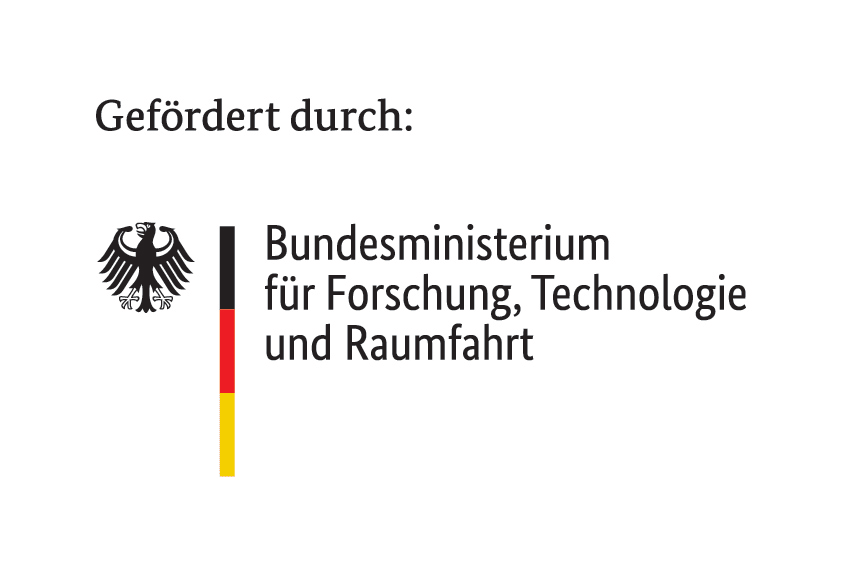SmartLivingNEXT now enables cross-manufacturer, federated data exchange in prototype real operation.
13. January 2025
6 minutes
At the end of the fourth quarter of 2024, SmartLivingNEXT flagship project reached another important milestone. All the key technical foundations for the SmartLivingNEXT ecosystem have now been successfully implemented. The integration of the first basic AI services and the connection of further data sources to the SmartLivingNEXT Dataspace have laid the foundation for a technically functional federated data ecosystem. The data held in the flagship project’s dataspace can be used to train AI models. The partners of the SmartLivingNEXT ecosystem gain access to new data sources across all programs.
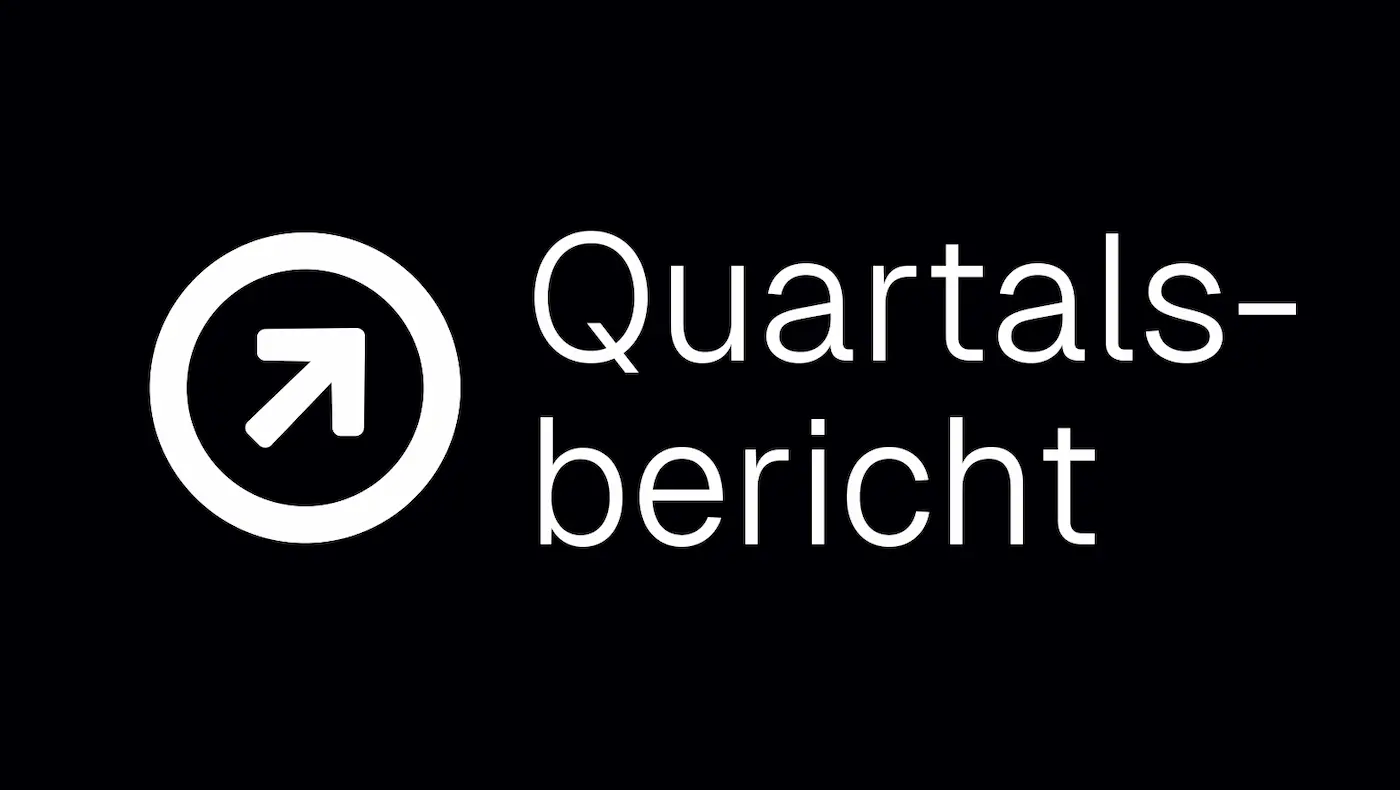
Technical connection to the Dataspace simplified
A central focus was on the simplified integration and referencing of new data sources in the SmartLivingNEXT ecosystem. For example, the connection of apartment-related smart home/smart building systems from Future Living Berlin to the SmartLivingNEXT data room was successfully completed. A specially created plugin for the open source software “Homeassistant” enables the seamless connection of devices, actuators and sensors to the SmartLivingNEXT Dataspace. Devices that follow the global Matter standard are also integrated. This enabled data from several apartments in Future Living Berlin to be semantically described and entered into the SmartLivingNEXT dataspace in real operation. A roll-out is imminent in the test environments of the DudoPark and the Gesellschaft für Innovation und Unternehmensförderung (GIU). In addition, the backend with energy data from Stadtwerke Saarbrücken Netz AG has been connected to the data room. Test apartments of the consortium partner German Research Center for Artificial Intelligence (DFKI) were equipped with smart home components and integrated into the data room.
In addition, basic AI services for pattern recognition and forecasting were implemented as virtual sensors and made available in the data room. 3D visualization systems such as Hololens and Magic Leap were also connected to the data room to visualize data in live operation. The visualizations were carried out in the test environments of the DudoPark and its digital twin. The data from the Stadtwerke Saarbrücken data backend was also part of the data flow. The EBZ Business School ‘s BaltBest system was also connected to the data room. All components and test data can now be used by the satellite projects. This allows the enormous potential of interconnected, federated databases to be tested.
Optimization of energy consumption data with AI
SmartLivingNEXT flagship project has also made progress in the field of artificial intelligence (AI) and semantics through German Research Center for Artificial Intelligence (DFKI). Neural models have been developed for the analysis and optimization of energy consumption data. A machine learning pipeline efficiently trains these models and uses them as virtual sensors. Synthetic device data is generated from real data to develop personalized services. All basic AI services are now available in the SmartLivingNext Gitlab.
Mobile app and technical onboarding
As part of the “energy efficiency” use case, Materna developed a mobile app for tenants in apartment buildings. This will enable end users to view intelligent analyses of their electricity consumption and the costs incurred, as well as set up new metering points and monitor electricity contracts. In addition, Stadtwerke Saarbrücken’s productive smart meter gateways (SMGWs) were successfully connected to the SmartLivingNEXT data room.
In addition, Materna has enabled a low-threshold technological entry for all participants with a standardized onboarding process for the Dataspace Blueprint. This will allow the SmartLivingNEXT data ecosystem to grow faster in the future. The technical onboarding process is an essential building block for the success of SmartLivingNEXT, as it creates the conditions for making data available in a secure and controlled manner. Through the intensive exchange with the Gaia-X initiative and the consideration of relevant EU regulations, the project ensures that the data exchange is not only compliant with data protection regulations, but also future-proof.
Based on the standardized onboarding, the consortium partner Novus (wowiconsult) was able to connect important residential building and energy data to the SmartLivingNEXT Dataspace with minimal time and resources. The return on investment: the company now has access to other residential building data and can thus provide an improved data service offering for its customers. The connection to the SmartLivingNEXT Dataspace represents a further milestone in laying the technical foundations for sovereign data exchange and potential asset offerings.
Berlin Declaration: Complete digitalization of residential buildings
The “Berlin Declaration” provided a decisive impetus for growth in the smart living market. On 8 October 2024 in Berlin at the Digital Technologies Days, representatives from industry, the housing sector, science and the skilled trades, who had joined forces in the Smart Living e.V. business initiative, among others, signed a joint declaration paving the way for the innovative, complete and AI-enabled digitalization of residential buildings. This should provide decisive growth impetus for the smart living market in Germany and Europe. In future, the initiatives want to deal specifically with the question of how the technologies and governance structures to be developed in the research project can be transferred to a real market operation. This gives German companies and start-ups the opportunity to secure a decisive technological advantage in global competition.
SmartLivingNEXT community grows steadily
Six new associated partners were added to the SmartLivingNEXT flagship project in the fourth quarter of 2024: BrAIniacs GmbH, CorDev GmbH, Datenkompetenzzentrum für Städte und Regionen (dksr), Heider Elektro GmbH, Leaftech GmbH and R:loaded SE. This means that flagship project now consists of eight consortium partners and 39 associated partners.
Listen to the article (in German)
Editorial office:
Ilka
Klein
Category:
Flagship project
